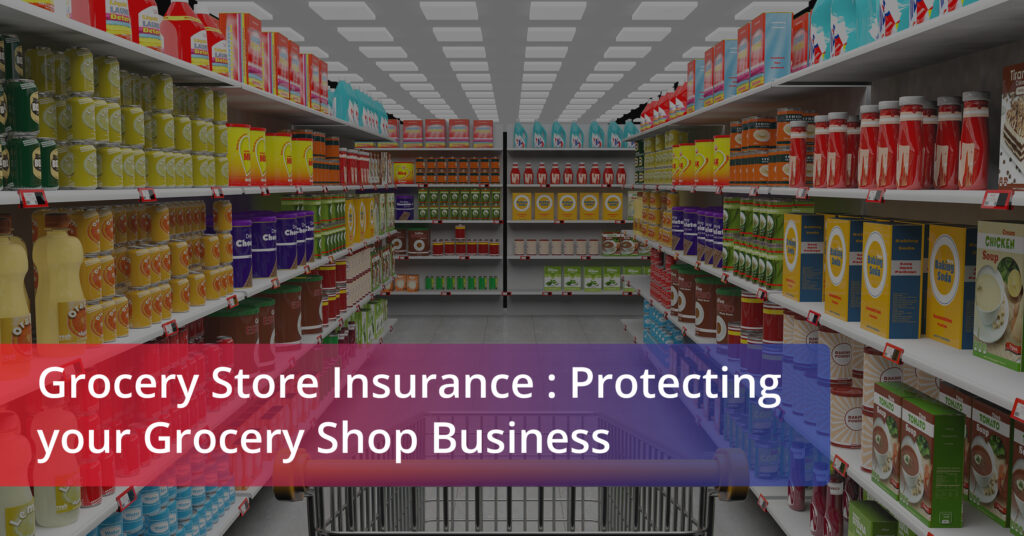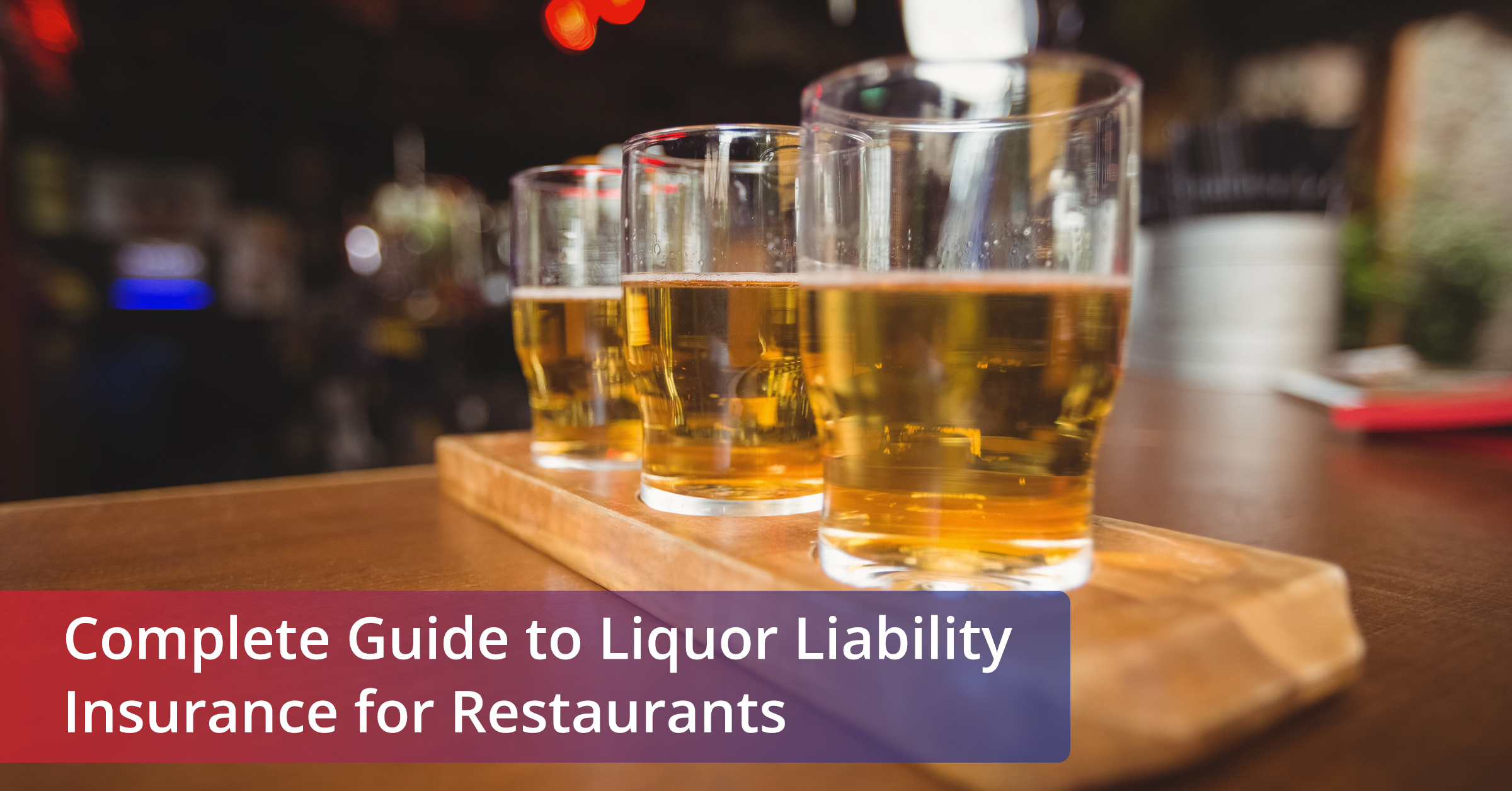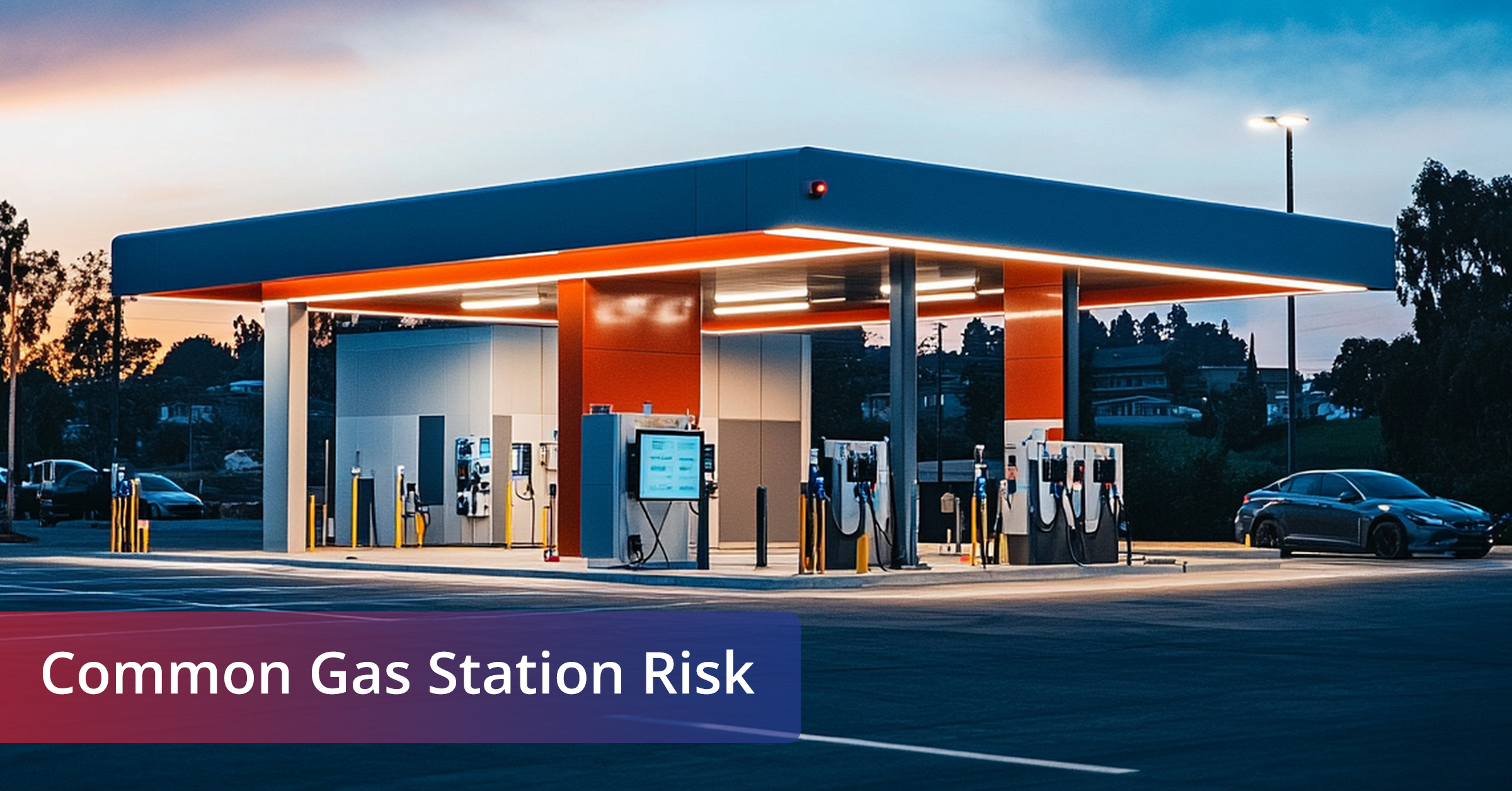In this blog, we’ll examine the essential components of grocery store insurance, including the many coverage options, the specific risks they address, costs, and the benefits they offer to business owners.
You may easily handle the challenging world of business ownership by comprehending the intricate details of this crucial protection and knowing that your grocery shop is protected from unanticipated events.
More goes into operating a successful grocery shop than just giving your neighborhood access to fresh produce and pantry essentials. It calls for rigorous preparation, an in-depth knowledge of client preferences, and a dedication to upholding a secure and welcoming atmosphere.
Even the most cautious business owners, nevertheless, could run into unforeseen difficulties that endanger the viability of their enterprise. In these situations, insurance for grocery stores serves as a vital safety net.
Customized insurance for supermarkets and grocery stores protects your business from a variety of potential risks and liabilities. Whether you manage a bustling supermarket or an old-fashioned little shop, having the proper insurance is crucial to ensure the survival and success of your business.
Why Do Grocery Stores Need Insurance?
Before we discuss the kinds of business insurance for grocery stores that retailers require, here are the main reasons for getting insurance for grocery stores in the first place:
- Insurance is required by landlords
If you rent the space where your business is located, your landlord or property management firm will undoubtedly insist that you carry liability insurance and name them as an additional insured.
Due to their high level of responsibility as property owners, landlords demand this. Your insurance would defend them and pay for any court costs if any accidents or injuries were to take place on the property of the business you represent.
- Insurance for Franchise Partners
Franchisees must carry insurance because, like landlords, grocery shop chains regularly become parties to legal disputes involving one of their outlets. Due to this, we frequently see franchise insurance requirements from the franchisor that call for the franchisee to hold particular insurance policies with precise insurance levels.
- Insurance Covers for Claims
Grocery shops experience a high frequency of claims. Compared to other types of businesses, grocery stores experience more claims. There are a number of claims, most of which are for slip and fall accidents or other injuries sustained on the property, even if they often don’t involve large sums of money. Even with low or medium levels of financial exposure, frequent claims start to build up quickly.
- Frivolous Lawsuits
Grocery retailers frequently face frivolous lawsuits. Naturally, the increasing frequency of claims involves more false claims. More frivolous and fraudulent claims are made against grocery stores than against several other types of businesses.
What types of insurance are required in grocery stores?
Let us discuss the kinds of insurance plans grocery retailers require:
- General Liability
A general liability insurance policy is one of the essential protections that grocery insurance should include to safeguard your business. This insurance policy protects against property loss and physical harm that occurs on your premises or as a result of a product you sell (such as food poisoning or an accident).
The general liability policy will provide coverage for the vast majority of claims filed by grocery stores (which are frequently connected to slips and falls). These claims often only involve small sums of money, although they may be substantial if the victim suffered serious or prolonged damage.
- Commercial Properties
Grocery stores stock a lot of expensive goods. You may have millions of dollars in inventory between the food aisles, the computers, and even the refrigeration equipment. Your physical assets are protected by commercial property insurance coverage from a variety of losses, including fires, theft, natural disasters, and more.
- Worker’s Compensation
Employees of grocery shop who manage the business, work the registers, and refill shelves are covered by workers’ compensation. These tasks frequently require physical labor, therefore there is a substantial risk.
The majority of states have regulations in place mandating grocery stores to acquire a workers’ compensation policy that provides certain medical benefits for employees who are hurt while doing work-related duties for their business.
- Online Liability
Due to the large number of payment transactions that grocery shop conduct every day, businesses are relying more and more on the availability of their computer systems.
Modern point-of-sale (POS) systems are susceptible to ransomware, which keeps you and your employees inside and frequently causes a loss of all sales while your systems are being restored.
In order to determine what data was lost during a cyberattack and whether any of that data contained personal information about your clients, a forensic investigation is also necessary. Cyber liability insurance protects you against these risks and reimburses you for any lost income you may incur as you recover from an attack.
- Liability for Employment Practices
Compared to many other types of businesses, grocery shop typically have a higher staff turnover rate. There is a greater chance of employment-related litigation involving discrimination, wrongful termination, retaliation, and other issues every time an employee is employed, denied employment, or terminated.
Due to stringent Equal Employment Opportunity Commission (EEOC) standards, even being accused of these discriminatory or retaliatory actions can result in spending a lot of time disputing the accusation and money on legal defense fees and potential settlements.
These employment-related allegations or incidents that take place while you and your team are running your business are covered by employment practices liability insurance (EPLI).
Conclusion
By making a substantial investment in coverage, you not only safeguard the assets of your business insurance and long-term viability but also show your sincere concern for the welfare of customers, employees, and neighborhood.
A carefully crafted insurance for grocery stores coverage is your dependable ally while you navigate the obstacles of the grocery sector, whether it’s protecting against property damage, liability claims, or unanticipated disruptions.
Knowing that your grocery shop is protected against the unforeseen allows you to continue being a pillar of your community with assurance. Grocery store insurance is a sign of your dedication to the viability and success of your business, in addition to being a wise financial decision.
FAQs
A customized convenience store insurance helps to shield your grocery store business from a variety of risks and liabilities. It provides financial security in the event of unforeseen events like accidents, property damage, or legal requirements. You must obtain this insurance to safeguard the assets of your business and guarantee its long-term viability.
Yes, most states require workers to obtain workers’ compensation insurance, regardless of the number of employees. This convenience store insurance protects your business from potential litigation linked to occupational injuries while ensuring that employees who are hurt on the job receive medical care and salary replacement compensation.
The specific risks and requirements of your grocery shop operation must be evaluated. Consider elements like the size of your store, the price of your supplies and equipment, the number of employees, and the location. By speaking with a knowledgeable insurance agent or broker, you can determine the appropriate level of coverage.
The cost to open a grocery store in the US can vary widely depending on several factors, including location, size, type of store, and inventory. Generally, you can expect to spend anywhere from $25,000 to $250,000 or more. Learn more
Several factors can affect grocery store insurance costs which includes:
- Location: Stores in high-crime areas or areas prone to natural disasters may have higher premiums.
- Size of the store: Larger stores generally have higher insurance costs.
- Type of products sold: Stores selling perishable goods may have higher insurance costs due to spoilage risks.
- Claims history: A history of claims can lead to higher premiums.
- Security measures: Implementing strong security measures can help lower insurance costs.
While not always mandatory, cyber liability insurance is increasingly important for grocery stores and supermarkets. It can protect your business from data breaches, cyberattacks, and other digital risks.






